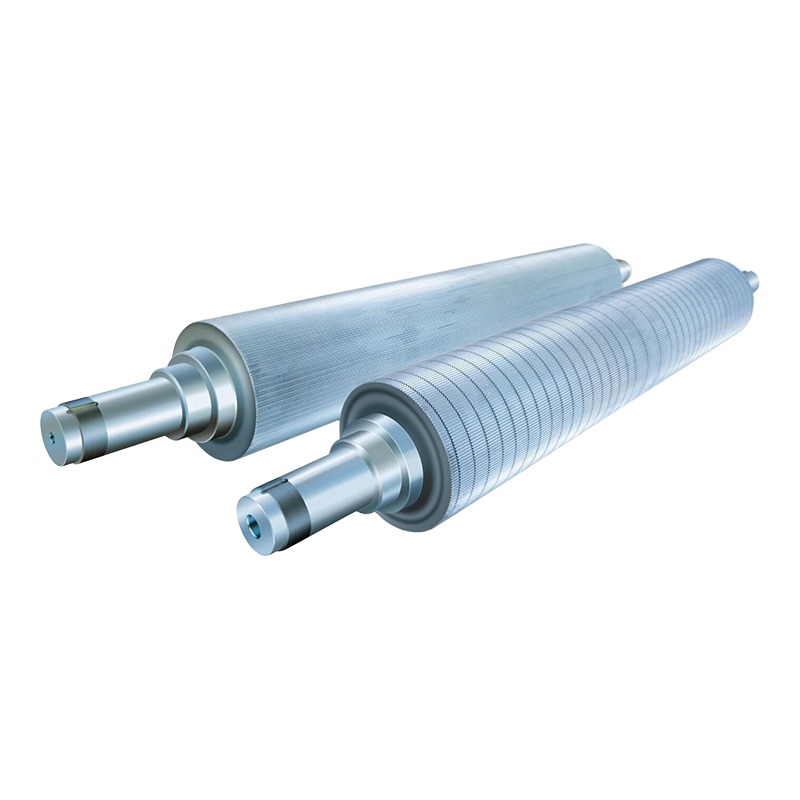
Pressure rolls are essential components in many industrial processes, playing a key role in manufacturing sectors such as paper production, textiles, plastics, and metalworking. Given the diverse nature of these industries, the question often arises: can pressure rolls be customized to meet specific industry requirements? The answer is yes, and this customization is becoming increasingly important to ensure efficiency, durability, and suitability for various applications.
One of the main reasons pressure rolls require customization is that different industries have unique operational demands. For example, in the paper industry, pressure rolls must withstand continuous high-speed operation while maintaining consistent pressure to produce uniform sheets. Meanwhile, in the plastics industry, pressure rolls might need to resist chemical corrosion or handle higher temperatures. This variety in application calls for tailored designs to match the distinct conditions and materials involved.
Customization of pressure rolls typically involves adjusting several factors, such as the material, size, surface finish, and internal structure. The choice of material is critical because it influences the roll's wear resistance, strength, and compatibility with the processed materials. Common materials include various grades of steel, rubber coatings, or composite materials. For example, rubber-coated pressure rolls are often preferred in industries where delicate surfaces require gentle handling, while steel rolls may be better suited for heavy-duty applications.
Size and dimension adjustments also form a key part of customization. Industries may need pressure rolls of specific diameters or widths to fit into existing machinery or to achieve particular pressure distributions. This ensures that the roll integrates seamlessly into the production line without requiring major equipment changes. Custom sizes can improve operational efficiency by optimizing the pressure roll's interaction with other components.
Surface finish is another customizable aspect. Depending on the process, pressure rolls may have smooth, textured, or patterned surfaces. A smooth surface might be required for applications needing uniform pressure distribution, while textured or patterned surfaces can aid in gripping materials or facilitating specific manufacturing effects. The surface treatment can also affect the roll's resistance to abrasion or chemical exposure.
The internal design and construction of pressure rolls can be modified to enhance performance. For instance, some pressure rolls feature hollow cores with adjustable air pressure to provide variable cushioning. This design allows operators to fine-tune the pressure applied during the process, which is valuable in industries with sensitive or variable materials. Other rolls might include heating or cooling elements internally to maintain a controlled temperature during operation.
Customizing pressure rolls also extends to balancing and alignment precision. Proper balancing is crucial to reduce vibrations and wear during high-speed operation. Manufacturers of customized pressure rolls often use precise machining and testing to ensure the rolls meet strict tolerances. This focus on precision is important across all industries to maintain consistent quality and prolong equipment life.
Some industries require pressure rolls to comply with specific regulatory standards or safety guidelines. In these cases, customization can include material certifications, special coatings, or design modifications that meet regulatory requirements. Working with suppliers that understand these industry-specific standards can help ensure that pressure rolls are compliant and safe for use.
The process of customizing pressure rolls often involves close collaboration between the manufacturer and the end user. Industry professionals typically provide detailed specifications or samples of the materials and processes involved. Manufacturers then use this information to develop prototypes and conduct tests to verify the roll's performance. This collaborative approach helps tailor pressure rolls that are well-suited to the specific challenges and goals of each industry.
Pressure rolls can indeed be customized to meet the specific needs of various industries. By adjusting materials, dimensions, surface finishes, internal construction, and compliance features, manufacturers can produce pressure rolls that align with unique operational requirements. This customization supports improved efficiency, product quality, and equipment longevity. As industries evolve and demand more specialized solutions, customized pressure rolls will continue to play a vital role in meeting these challenges.

 English
English  Español
Español  Português
Português  عربى
عربى 




